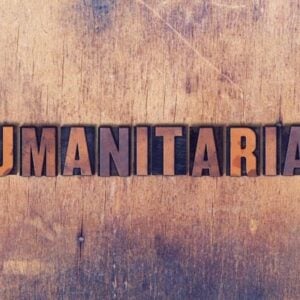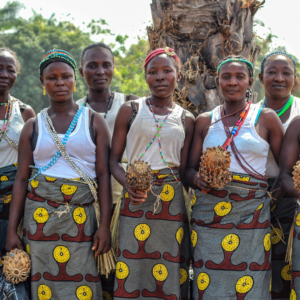Speaking to journalists at the UN Office in Geneva, Shoko Arakaki, director of humanitarian affairs at the UNFPA, highlighted a sharp rise in sexual violence against women and girls in the Democratic Republic of Congo (DRC). Essential services have been severely disrupted, and incidents of rape and conflict-related sexual violence have surged by a third compared to the previous year. Arakaki noted that even before the recent escalation, three women died every hour from pregnancy- and birth-related complications, underscoring the immense challenges facing Congolese women.
During her visit to Kinshasa and Goma, Arakaki witnessed the dire conditions firsthand. She met midwives delivering babies under extremely difficult circumstances and heard from mothers who had lost their homes and livelihoods due to ongoing conflict. Women and girls face exploitation, abuse, and rape not only in conflict zones but also in camps and communities, reflecting one of the world’s most neglected humanitarian crises.
The situation is compounded by chronic hunger and limited livelihood opportunities, leaving displaced populations and host communities highly vulnerable. With 27 million people projected to need humanitarian assistance in 2025, the demand for emergency aid is rising sharply. Without a resolution to the conflict in eastern provinces, the humanitarian and displacement situation is expected to worsen.
Arakaki shared the story of a 14-year-old girl who survived multiple rapes and was recovering in a UNFPA-supported hospital, yet remained determined to return to school. UNFPA is currently providing essential health services to 1.4 million people in the DRC, including medical care and psychosocial support for survivors of gender-based violence. The agency urgently called for increased funding to continue delivering life-saving reproductive and protection services.
The UNFPA also urged all parties to the conflict to uphold their legal obligations to protect civilians and civilian infrastructure, ensure the safety of health facilities, and guarantee the unimpeded delivery of humanitarian aid wherever it is needed.







